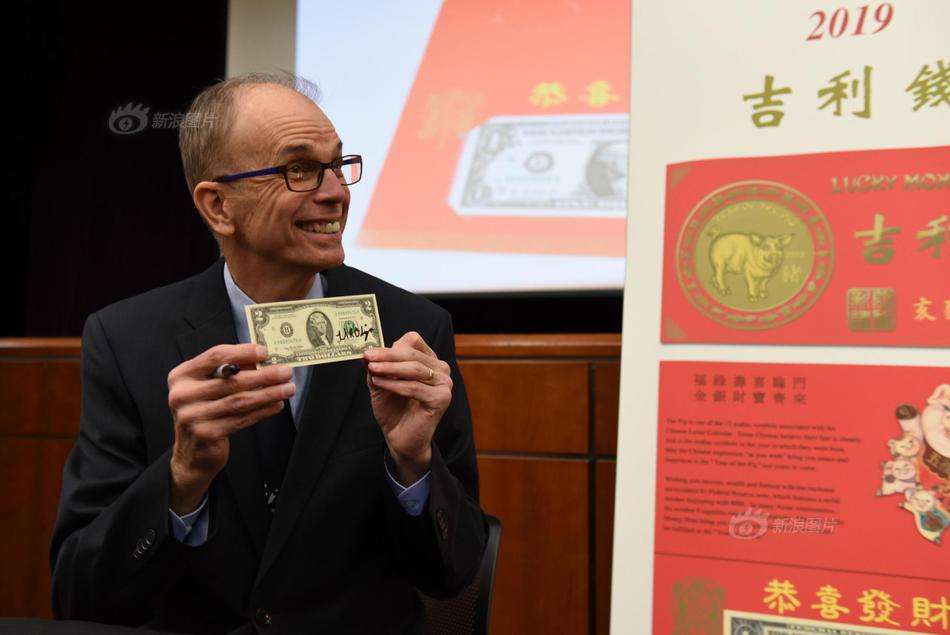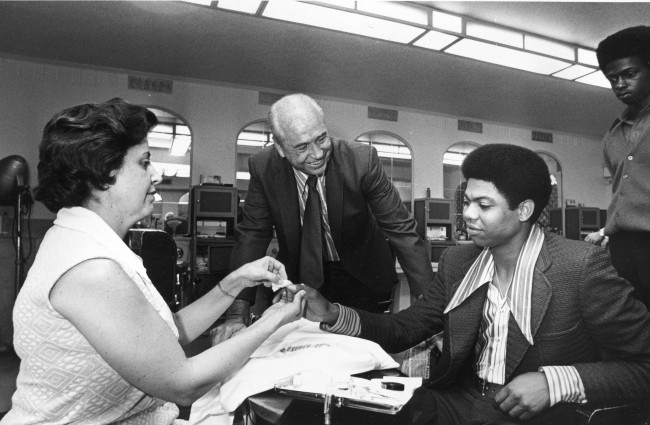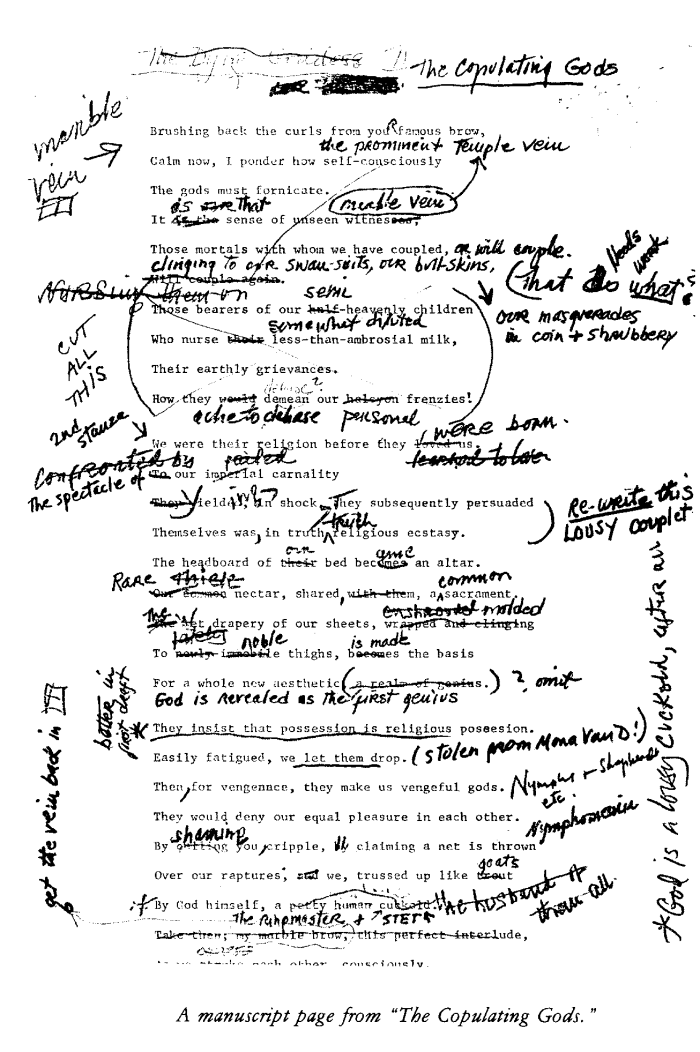At around 3 a.m.8+ ArchivesDec. 12, 2015 — essentially the very last minute — U.N. negotiators added a critical element to the historic Paris climate accords, the agreement aimed to dramatically reduce civilization's emissions of heat-trapping greenhouse gases.
This late-night addition, called "Article 6," proposes a plan for putting a price on carbon, which would make burning oil, gas, and coal increasingly expensive, and less attractive. But four years later, the U.N.'s 193 members have yet to agree on how to make this carbon-pricing scheme work.
It's a glaring piece of unfinished, ruthlessly complex business — but it will now be completed. At least, that's the plan.
Between Dec. 2 and Dec. 11, global nations big and small will convene in Madrid, Spain at the 25th U.N. Climate Change Conference, or COP 25 for short. Because there are no global laws with punishments for emitting carbon, the U.N. instead hopes to create a voluntary carbon trading system. In short, nations that have slashed their emissions below what they've pledged can then sell their remaining carbon budget to other nations — nations that burn too many fossil fuels and exceed their carbon-cutting commitments. This carbon market is a tool intended to mobilize international cooperation to stabilize the warming climate, by both openly showing how much carbon countries are emitting while encouraging a rapid adoption of renewable energies.
Finding a palatable way to encourage momentous carbon reductions is now paramount. On Earth, 18 of the 19 warmest years on record have occurred since 2000. As of now, Earth is relentlessly warming.
"There is no international policeman that is going to come around and force countries to meet their climate agreements," said Alex Hanafi, the lead counsel in the Environmental Defense Fund's Global Climate Program, who is attending COP 25.
Each country's present commitments to cutting carbon emissions, known as nationally determined contributions (NDCs), are woefully lacking.
"We know they’re all inadequate," said Kelly Levin, a climate policy expert at the World Resources Institute who specializes in global climate commitments. (Levin, too, will attend COP 25.)
Just how inadequate? An annual and increasingly sour U.N. analysis, called the Emissions Gap Report, recently concluded that if current climate pledges are kept, Earth will warm by a whopping 3.2 degrees Celsius (5.7 degrees Fahrenheit) above pre-Industrial Revolution temperatures by the century's end. To avoid the ever-worsening consequences of extreme drought, deluges, wildfires, and melting ice sheets, U.N. scientists recommend curbing Earth's warming at an extremely ambitious 1.5 C.
This Tweet is currently unavailable. It might be loading or has been removed.
Right now, for example, the U.S. — the largest historic carbon emitter — has committed to cut carbon emissions by 26 to 28 percent below 2005 levels by 2025, but it will need to commit to increasingly more ambitious cuts (eventually reaching net-zero emissions). Yet, the U.S. might not even achieve its current 2025 pledges. The world's richest nation is on track to just achieve about half of these cuts, according to Climate Action Tracker, an independent climate analysis group.
If a market for carbon existed, like Article 6 proposes, the U.S. could buy carbon credits from another nation that has allowances to spare. But simply emitting carbon (and not reducing emissions) while buying carbon credits will grow increasingly expensive as other nations commit to emit less carbon (NDCs), meaning an ever-dwindling supply of available carbon credits. That reduced supply leads to higher demand which bumps the price up. What's more, as nations make deeper and significantly more expensive carbon cuts, such as building out electricity-powered public transit, developing futuristic nuclear fusion technologies, and investing in innovations to slash carbon emissions from industrial sectors (like steel, concrete, and plastic), the cost of meeting ever-more-ambitious carbon pledges will go up — and, consequently, so will the price of buying up these carbon credits since it'll cost countries more and more to arrive under their carbon budget, explained the Environmental Defense Fund's Hanafi.
A truly global carbon market could be similar to the most successful carbon market in existence, the European Union's Emissions Trading System, which turned 14 this year.
Although imperfect, the system put a cap, or limit, on the volume of greenhouse gases EU companies can emit from power plants and industrial plants. Critically, "the cap is reduced over time so that total emissions fall," says the EU.
This Tweet is currently unavailable. It might be loading or has been removed.
Nations and companies have big incentives to slash carbon emissions, beyond the potential of selling carbon credits to over-polluting countries, explained Hanafi.
Perhaps most appetizing to governments is that there's a ton of money to be made from renewable energy. An arm of the World Bank, called the International Finance Corporation, estimated that national commitments to slash carbon emissions would "open up nearly $23 trillion" in climate investment opportunities by 2030.
China, with its surging production of solar panels, wants that money. "China sees the advantages of being a leader in the clean air economy," noted Hanafi.
And for the many nations beleaguered with poor air quality, renewables and electric transportation don't spew pollution into the air — a problem so hideous even many of America's acclaimed national parks often have harmful to terrible breathing conditions.
SEE ALSO: The remote polar bear town rapidly losing its famous residentsAny credible carbon market, though, must solve a terribly difficult question that arises when counting up a nation's emission reductions. It is, appropriately, called the matter of "double counting."
"Double counting must be avoided," emphasized the World Resources Institute's Levin.
If, hypothetically, France sells the U.S. carbon credits, both nations can't put those emission reductions in their carbon piggy bank even though the U.S. technically reduced their carbon emissions through that purchase: France achievedthem, but the U.S. boughtthem. Importantly, if both nations' counted these credits they would grossly inflate, or in fact, double the amount of actual carbon cuts. One solution, then, is for carbon sellers (like France) to transparently add these emissions back to into their carbon account. If there aren't rules for doing this reliably and accurately, there's a giant problem.
"It is the equivalent of paying your bills, but not deducting the amounts from your bank balance," the Environmental Defense Fund wrote. "That would be dangerous for your financial well-being, just as failing to account for transfers of emissions reductions is dangerous for the health of our climate."
 Original image has been replaced. Credit: Mashable
Original image has been replaced. Credit: Mashable Though creating a carbon market system will be flush with wonky, technical rules, it's superior to a flat carbon tax, said Hanafi. (A carbon tax is a price for the amount of carbon emitted into the atmosphere, which would often be passed down to consumers. For example, a $40 tax per ton of carbon emitted would "add about 36 cents to the price of a gallon of gasoline," according to the Tax Policy Center.)
A carbon tax would certainly make fossils fuels more expensive and less inviting, but they won't create a system that allows for everyone in the world to see what everyone else is emitting, or not emitting. With a carbon market, "[countries] need to be transparent about what emissions are," said Hanafi. "Everyone can see with transparency."
Unfortunately, a somewhat weird presence at the COP 25 meeting is the United States, which, at the Trump administration's behest, will soon be the only nation on Earth to leave the Paris climate agreement: The U.S. departure becomes official in November 2020, to climate scientists' profound dismay.
But the United States' imminent departure likely won't derail efforts to wrap up Article 6. President Trump has threatened to leave the Paris agreement for the last few years; the world is well aware of his contrarian diplomatic antics, but continues to advance critical climate policy.
"Given Trump’s previous announcements, [officially leaving Paris] wasn’t really different than the signal all along," said Levin, who noted veteran U.S. policymakers will still be at the COP 25 meeting.
"There are some tremendously seasoned and dedicated officials in the State Department that have been negotiating this for years," she said. "They are still engaged."
 Today's Hurdle hints and answers for May 12, 2025
Today's Hurdle hints and answers for May 12, 2025
 The Literary Agent of Yore
The Literary Agent of Yore
 Finding a Hall of Fame for Dock Ellis
Finding a Hall of Fame for Dock Ellis
 P. G. Wodehouse Was Born Today in 1881
P. G. Wodehouse Was Born Today in 1881
 Character AI reveals AvatarFX, a new AI video generator
Character AI reveals AvatarFX, a new AI video generator
 The Point of New York
The Point of New York
 Advice from Van Gogh: Just Slap Something on It
Advice from Van Gogh: Just Slap Something on It
 Sadie Stein on “In a Dark, Dark Room”
Sadie Stein on “In a Dark, Dark Room”
 Best tablet deal: Save $45 on Amazon Fire HD 10 tablet
Best tablet deal: Save $45 on Amazon Fire HD 10 tablet
 Who the Fuck Was That Guy?
Who the Fuck Was That Guy?
 NYT mini crossword answers for May 12, 2025
NYT mini crossword answers for May 12, 2025
 Carolyn Kizer, 1924–2014
Carolyn Kizer, 1924–2014
 Grief and Adventure on the Path to the North Pole
Grief and Adventure on the Path to the North Pole
 A Sentence by Robert Walser
A Sentence by Robert Walser
 The Notion of Family
The Notion of Family
 Sadie Stein on “In a Dark, Dark Room”
Sadie Stein on “In a Dark, Dark Room”
 Learning to Swear
Learning to Swear
 NYT Connections hints and answers for April 14: Tips to solve 'Connections' #673.
NYT Connections hints and answers for April 14: Tips to solve 'Connections' #673.
 Two Paintings About the Temptation of Saint Hilarion
Two Paintings About the Temptation of Saint Hilarion
How the queer community can embrace the asexual spectrumPortugal vs Uruguay livestream: How to watch FIFA World Cup Group H liveParler says Kanye West is no longer buying the rightMermaid Parade returns to New York as summer 2019 kicks off: PhotosElon Musk says he'll make his own smartphone if Apple bans TwitterTwitter will no longer enforce its COVIDThe very best Instagram posts of 2019 (so far)Cameroon vs Serbia livestream: How to watch FIFA World Cup Group G liveTwitter will no longer enforce its COVIDFamous Mexican rescue dog Frida retires from the line of duty10 best gifts for people who are obsessed with their iPhone'Quordle' today: See each 'Quordle' answer and hints for December 2Samuel L. Jackson goes off after spotting mistake in 'SpiderWordle today: Here's the answer, hints for November 30Netherlands vs Qatar livestream: How to watch FIFA World Cup Group A liveAdam Rippon on Trump, Taylor Swift, and coming outThe Oceanic+ app is here, turning Apple Watch Ultra into a diving computerCameroon vs Serbia livestream: How to watch FIFA World Cup Group G liveBad Bunny is Spotify's top global artist of 2022The best Pride Month memes of 2019 All 11 Star Wars movies, ranked 'Street Fighter' 30th anniversary collection is coming in 2018 Alcoholic gift ideas that say, 'Your political opinions are worth hearing' Netflix just totally trolled 53 of its users and to be fair they probably deserved it Spy agency launches interactive online test to see if you're cut out for the job Ethereum's price surpasses $700 in another astonishing crypto Watch what could happen if you forget to water your Christmas tree 2017 was the year late night grew up, and we did too Facebook responds to criticism of network 'destroying how society works' Ambulance gets called out for figure in park, turns out to be a statue Tinder tests a new feed feature to move 'beyond the swipe' Louis Tomlinson fans abuse radio host on Twitter after facial hair joke Synaptics Incorporated puts a fingerprint scanner under a touchscreen Seth Rogen, Jonah Hill crash James Franco's 'SNL' monologue What to do if Jimmy Kimmel's baby has made you cry 'Star Wars' porg is available on Snapchat as your adorable AR friend Former Facebook exec says network is 'destroying how social works' A bot wrote a new Harry Potter chapter and it's delightfully hilarious Facebook opens AR studio, updates Messenger with world effects Grandma accidentally buys super sexy Christmas decorations
2.3393s , 10156.6875 kb
Copyright © 2025 Powered by 【18+ Archives】,Warmth Information Network